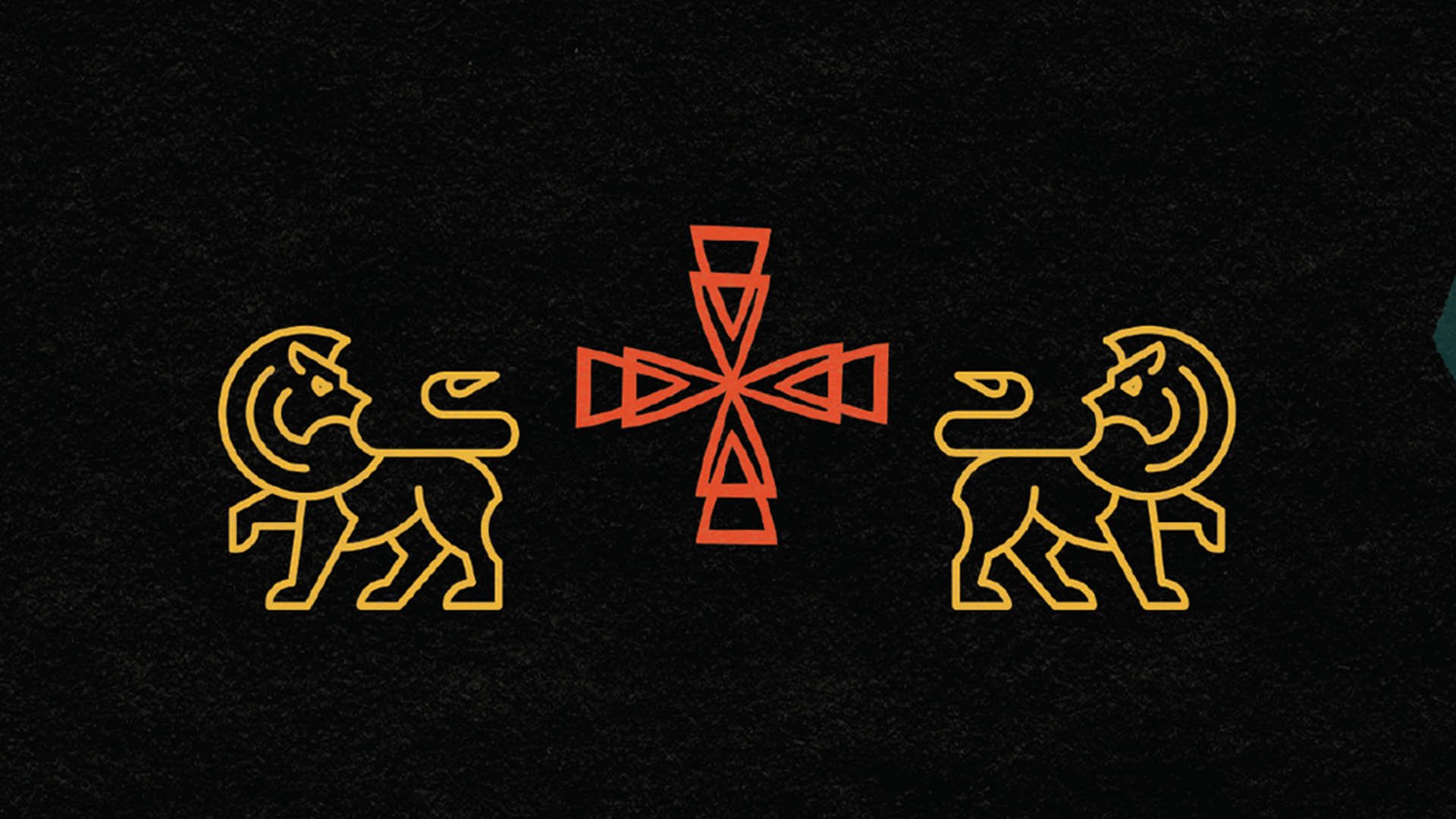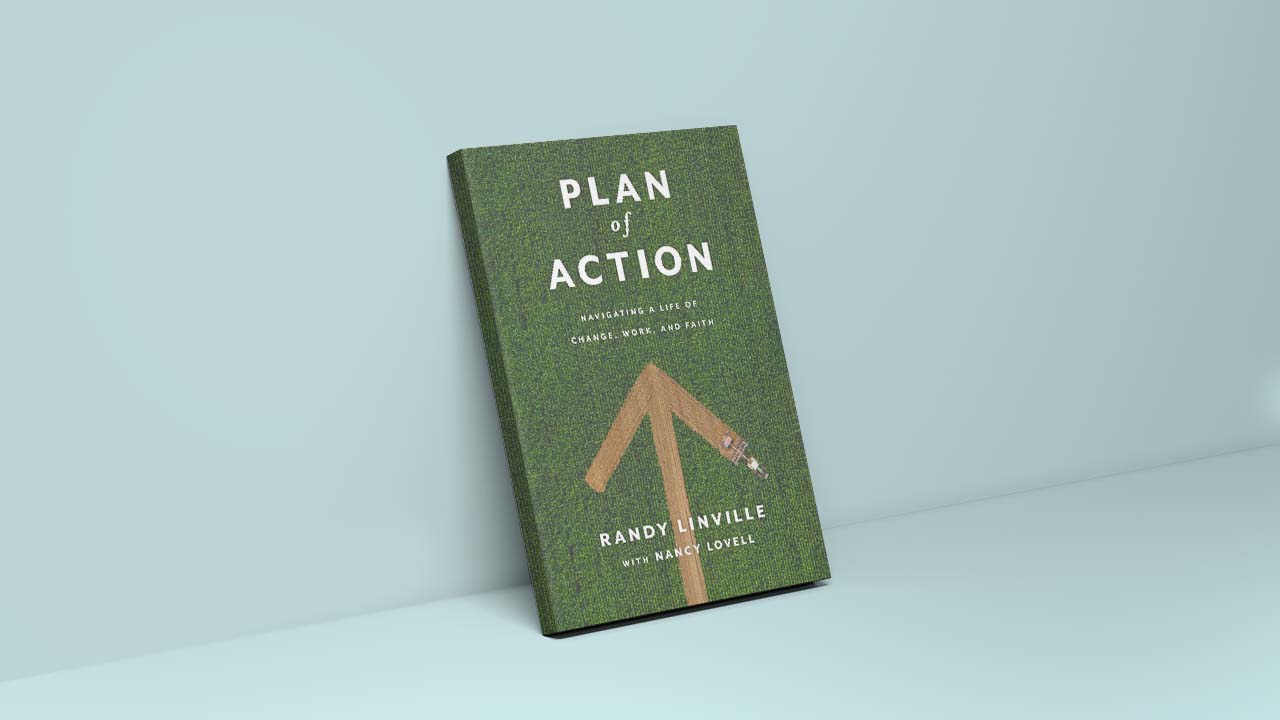This article originally appeared in our monthly email issue. Subscribe for full access to Common Good print and digital reads now for just $25 per year.
Cloud Cuckoo Land (Scribner, 2021) Anthony Doerr
I know, it’s been the better part of a year since Doerr’s new novel came out. Other books needed attention, you see, and we moved into a new house, and I’m sure supply chains somehow disrupted something. But summer is here now, and my mildly looser schedule means much-awaited space for Cloud Cuckoo Land. Why awaited so? To describe the kaleidoscope of ways Doerr’s last novel, All the Light We Cannot See, affected me and the affection I hold for that story would take too much space. The character of Daniel LeBlanc incarnated both my fears and hopes as a father of daughters, and Doerr exposed them with exactly the kinds of sentences I would want to use were I a better writer. So, sure, the next several weeks will include some writing books to discuss with work friends, parts of the Scriptures, a couple of books you might call “research” — The Truth at the Heart of the Lie, for one; Love and Saint Augustine, for another — and occasional dips in and out of Nick Offerman’s Where the Deer and the Antelope Play. Mainly, though, Cloud Cuckoo Land. — Aaron Cline Hanbury, editor at Common Good
East of Eden (Viking, 1952) John Steinbeck
Finally, and I don’t know why it’s taken me this long, I’m reading East of Eden. I borrowed a copy from a friend, which I now know was not the move. In early 20th-century California, through generations of the Trask family, Steinbeck explores good and evil in a modern Cain and Abel story. And it’s one of those reads where I want to hang on to so many of the words, and you just can’t mark up a borrowed book. I’ll be (re)reading — and penciling in — my own copy soon. After talking with Michelle Wilde Anderson a few weeks ago about her new book, The Fight to Save the Town: Reimagining Discarded America, I’m revisiting some Appalachian reads (it’s not the place she wrote about, but much of the conversation resonates), starting with Appalachian Reckoning: A Region Responds to Hillbilly Elegy. I’ve also taken a break from social media for, well, we’ll see how long, and next on my list is Amusing Ourselves to Death: Public Discourse in the Age of Show Business by Neil Postman, who (eerily) had something to say about all that — in 1985. — Sarah Haywood, associate editor at Common Good
The Life We’re Looking For: Reclaiming Relationship in a Technological World (Convergent Books, 2022)
Andy Crouch
Andy Crouch has become a trusted guide for how to think more intentionally about the role of technology in my life and in our world, and how it can impede what we are designed for: relationships. I also finished reading Faithful Presence: The Promise and the Peril of Faith in the Public Square by Bill Haslam. In our partisan, politicized culture, I’m looking for voices who can combine distinctly Christian thoughtfulness and also relevant practice. It was a great encouragement for me to read about a countercultural approach to political engagement. — Matt Rusten, executive director at Made to Flourish
The Book of Longings (Viking, 2020) Sue Monk Kidd
I’m currently reading The Book of Longings by Sue Monk Kidd. It’s an interesting imagination about the wife of Jesus. I wondered if it would be blasphemous, or even just what to expect, but it’s truly been a delight. It’s really helped me to put into perspective who Jesus was, his heart behind his ministry, and the gentleness of his character through her eyes. One of my favorite lines so far is: “Jesus both played the role of peacemaker and provocateur.” It’s just wonderfully written, a good book for when I’m burnt out on nonfiction writing but still wanting to experience something about Jesus. I’ve also started Holier Than Thou by Jackie Hill Perry, which is taking me a bit of time to read because it’s so good that I have to stop every few pages to really take it in. There’s a difference in people who can write and people who were made for it, and I would argue that she’s the latter. So good (so far). — Paige Wiley, associate director of engagement at Made to Flourish
Beartown (Washington Square Press, 2018)
Frederik Backman
This summer I’m trying to catch up on some titles that have long graced my to-be-read list. For fiction, that list starts with Frederik Backman’s Beartown. The Swedish author best known for A Man Called Ove has a gift for crafting tales in which lonely people in seemingly meaningless situations find significance in the interdependence and vulnerability of community. There’s such a whiff of the gospel in Backman’s work, and each book challenges me afresh to see my fellow humans as bearing a dignity instilled in them by our Creator. Topping my nonfiction list is the illuminating Jesus and John Wayne: How White Evangelicals Corrupted a Faith and Fractured a Nation by Kristin Kobes Du Mez. Du Mez makes a compelling case for how individuals and entities that shaped my faith sometimes shaped the wider culture in harmful ways. It has been a hard, compelling read.
The Incorrigible Children of Ashton Place (Harperteen, 2015) Maryrose Wood
And as a mother to three school-aged children, I relish summer as our season for extended book time together. This summer we’re listening to the audiobooks for one newer series and a classic series. For the new series, we’re enjoying The Incorrigible Children of Ashton Place by Maryrose Wood. The adventures of an eager governess trying to civilize three children who have been raised by wolves are delightful and hilarious. We’re also revisiting the Chronicles of Narnia, a series that I have always loved but has not captured the imaginations of my children as quickly as I had expected. Now that they are interested in entering the wardrobe with me, I’m delighting in their curiosity and finding that Aslan does indeed grow larger as I grow. — Megan Fowler, Common Good contributor
Rationality: What It Is, Why It Seems Scarce, Why It Matters (Viking, 2021) Steven Pinker
In today’s world of hot topics and hot takes, as soon as a headline breaks you find out that your friends and family suddenly have a Ph.D. in economics, virology, or constitutional law. Except, of course, they merely read an article about this or that topic, but they seem so confident in their newfound opinion. I’m guilty of falling under the same Dunning-Kruger effect. To help yourself become more balanced, nuanced, and clear-headed, I highly recommend Steven Pinker’s Rationality: What It Is, Why It Seems Scarce, Why It Matters. This book covers cognitive biases, statistical errors, and the emotional awareness required for really understanding the world around us. — Brandon Giella, Common Good contributor
A Burning in My Bones: The Authorized Biography of Eugene H. Peterson, Translator of The Message (Waterbrook Press, 2021) Winn Collier
I recently read Eugene Peterson’s biography and was surprised that he didn’t spend the majority of his career contemplating life’s big questions in Idaho; instead, he was pastoring a small, suburban congregation in New Jersey. He began writing The Message in the basement of his ranch house! Knowing that he lived a “normal” life was a fun discovery for me and has helped me embrace my ordinary life, too. It was a great read. — Rebekah Jones, vice president of development at Made to Flourish
The Making of Biblical Womanhood: How the Subjugation of Women Became Gospel Truth (Brazos Press, 2021) Beth Allison Barr
I’m trying to spend more time reading classic literature this summer, so lately, I’ve been knee-deep in Jane Austen’s novels (currently, Sense and Sensibility). It takes me much longer to read nonfiction (there are just too many good stories), but I’ve been working my way through Beth Allison Barr’s The Making of Biblical Womanhood, as well as Alan Jacobs’ How To Think. — Rabekah Henderson, Common Good contributor
Pastoral Song (Custom House, 2021) James Rebanks
This critically acclaimed book profiles a family farm in northern England across three generations. It is a great read on work, faithfulness, and community. I’m also reading Why We Are Restless: On the Modern Quest for Contentment by Benjamin Storey and Jenna Silber Storey. This book is equal parts philosophy, sociology, and history — exploring why the pursuit of happiness has led to so much discontentment and anxiety in our society. It’s an incredibly insightful book. — Petar Nenadov, regional development representative at Made to Flourish
Giving and Getting in the Kingdom: A Field Guide (Moody Publishers, 2012) R. Mark Dillon
I am currently reading Giving and Getting in the Kingdom by R. Mark Dillon and Why Good Things Happen to Good People by Stephen Post and Jill Neimark. They are on my list because I’d like to explore the idea of generosity as a vital part of human activity. — Fernando Tamara, regional development representative at Made to Flourish
Embodied Hope: A Theological Meditation on Pain and Suffering (IVP Academic, 2017) Kelly M. Kapic
Many of us struggle when our Bible reading plan comes to Leviticus, at least I know I do. I decided I wanted to get a better grasp of Leviticus and what it means for my everyday life, so I picked up Who Shall Ascend the Mountain of the Lord? by L. Michael Morales. This book is a bit more of an academic read but casts Leviticus in such a beautiful light that I had never seen before. Along with this book, I’m working my way through Embodied Hope: A Theological Meditation on Pain and Suffering by Kelly M. Kapic. After a difficult season of suffering, this book came as a refreshing wind. I thought I wanted perfect answers for my suffering, but Kapic presented me with something much greater: Jesus. — Lara d’Entremont, Common Good contributor





